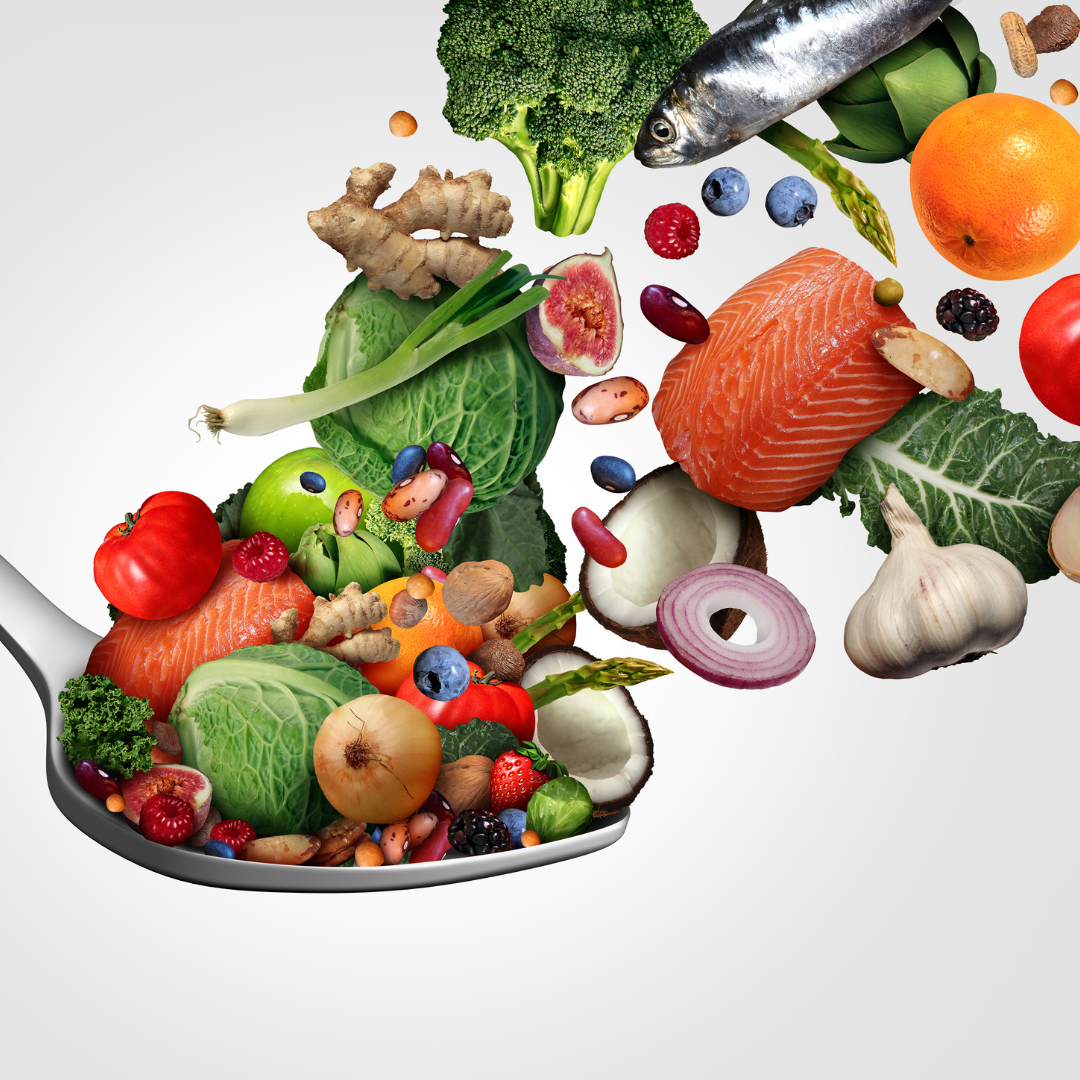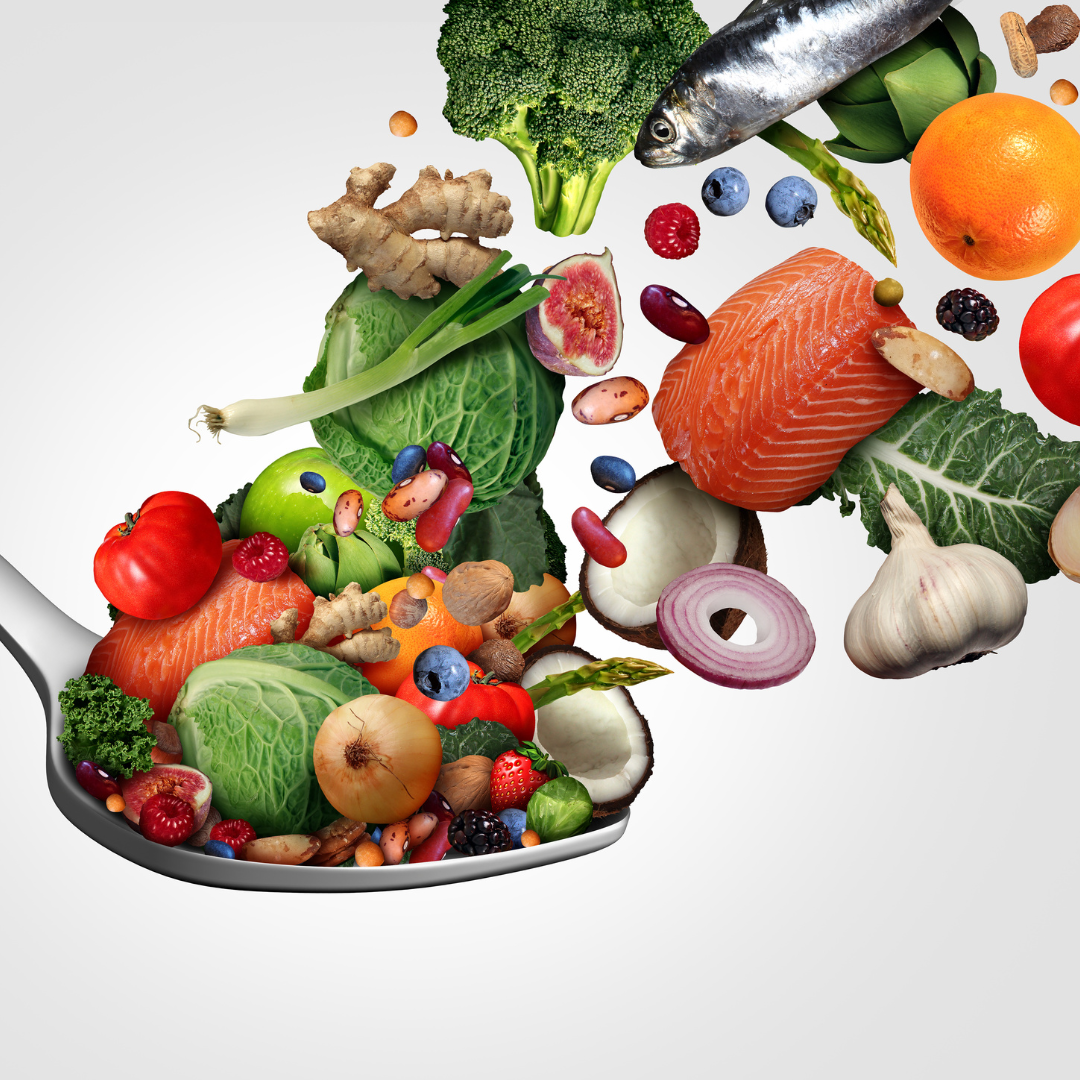This FAO policy report explores the potential impact of different policy interventions on Indonesia’s agrifood systems, using economic and environm
Other content with the tag "Sustainable Diets".

This paper forms the first part of a series of three papers exploring the enabling environment, business models, and behaviour change components of

This FAO, IFAD, UNICEF, WFP, and WHO flagship report assesses global food security trends, revealing that nearly 690 million people faced hunger in

This review provides five key recommendations for integrating sustainable diet education into nutrition programs:
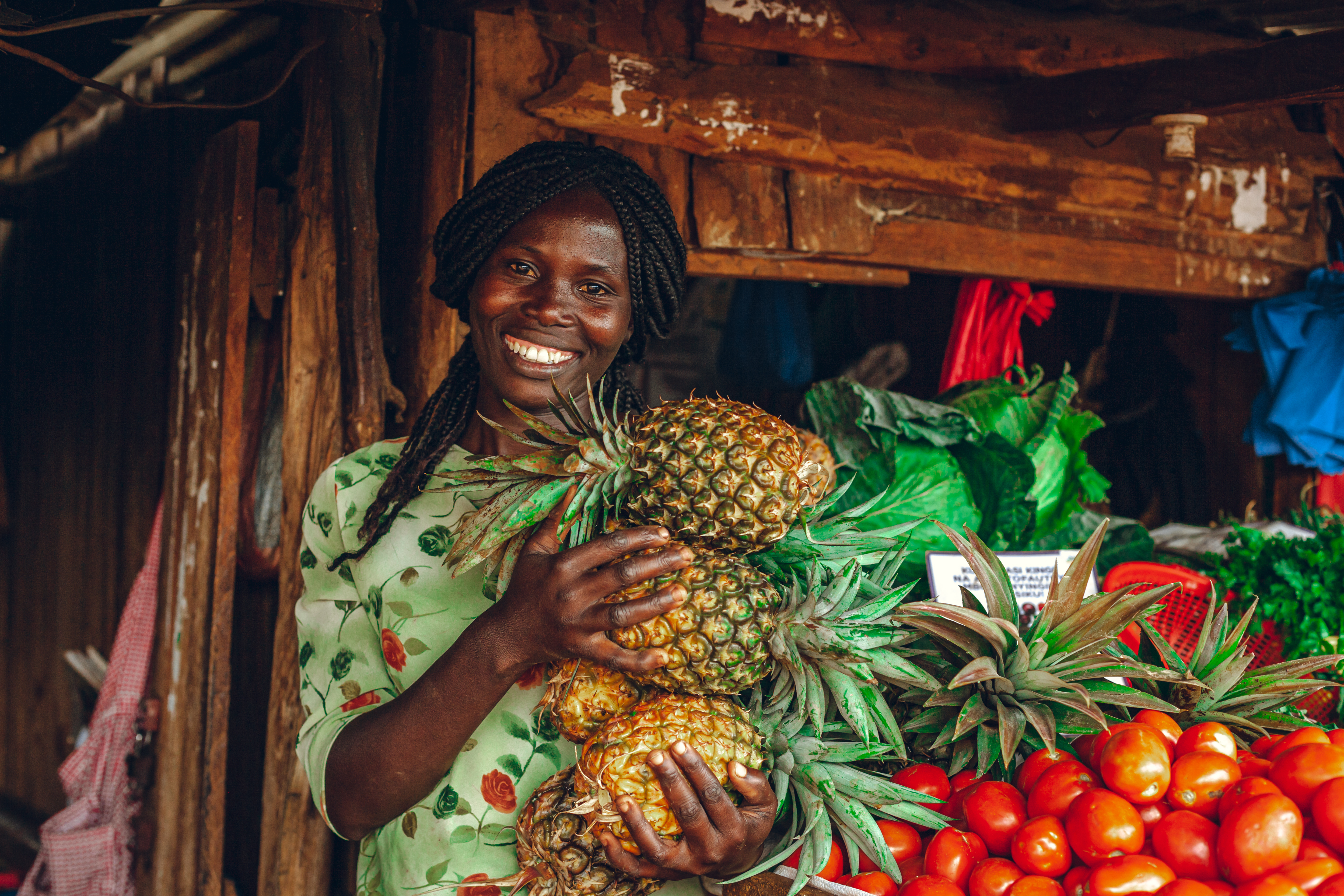
This foresight analysis examines potential dietary transitions in Bangladesh from 2022 to 2050, comparing different diet scenarios such as Business
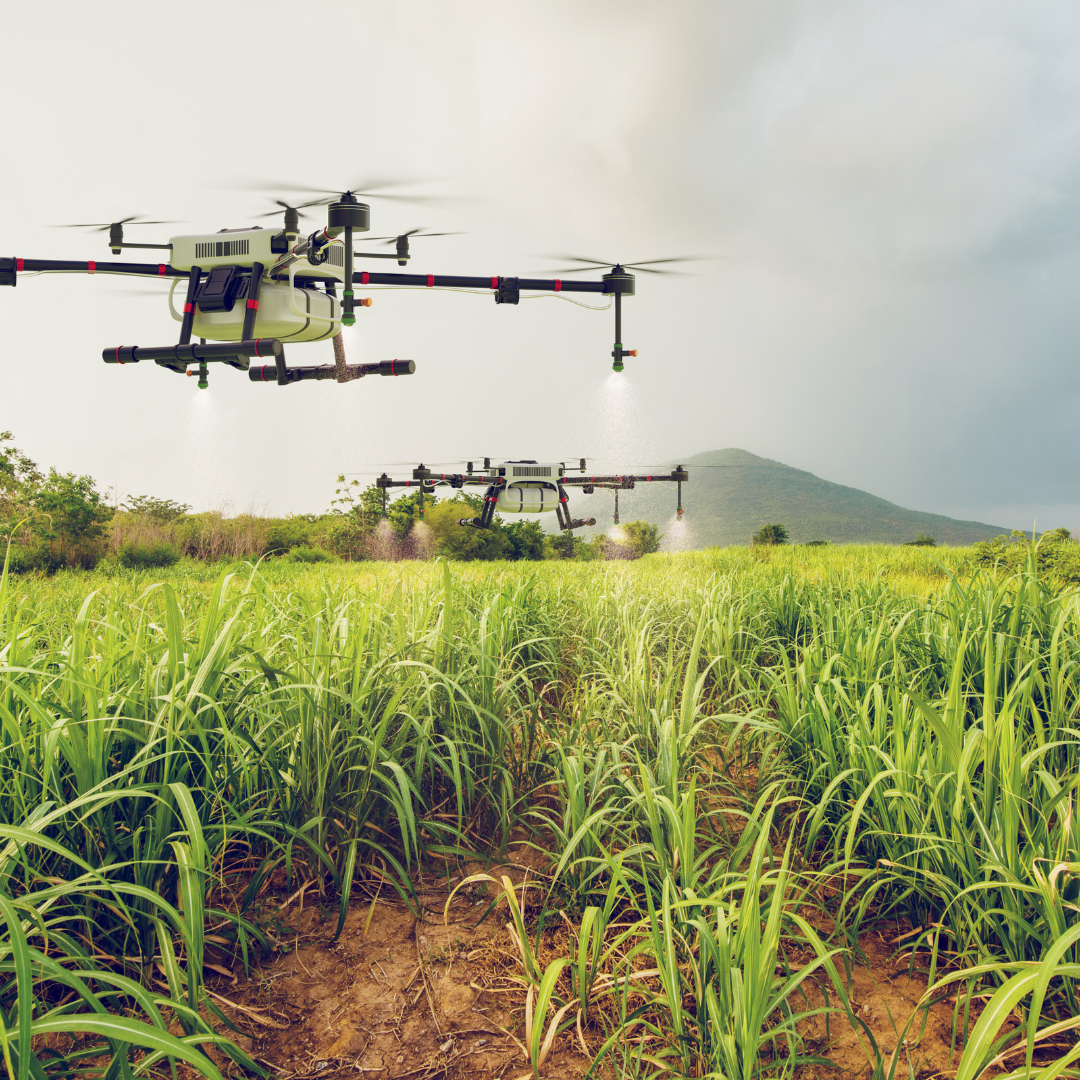
This policy brief evaluates Nigeria's 2016–2025 National Policy on Food and Nutrition and outlines the need for a revised, food systems-transformat
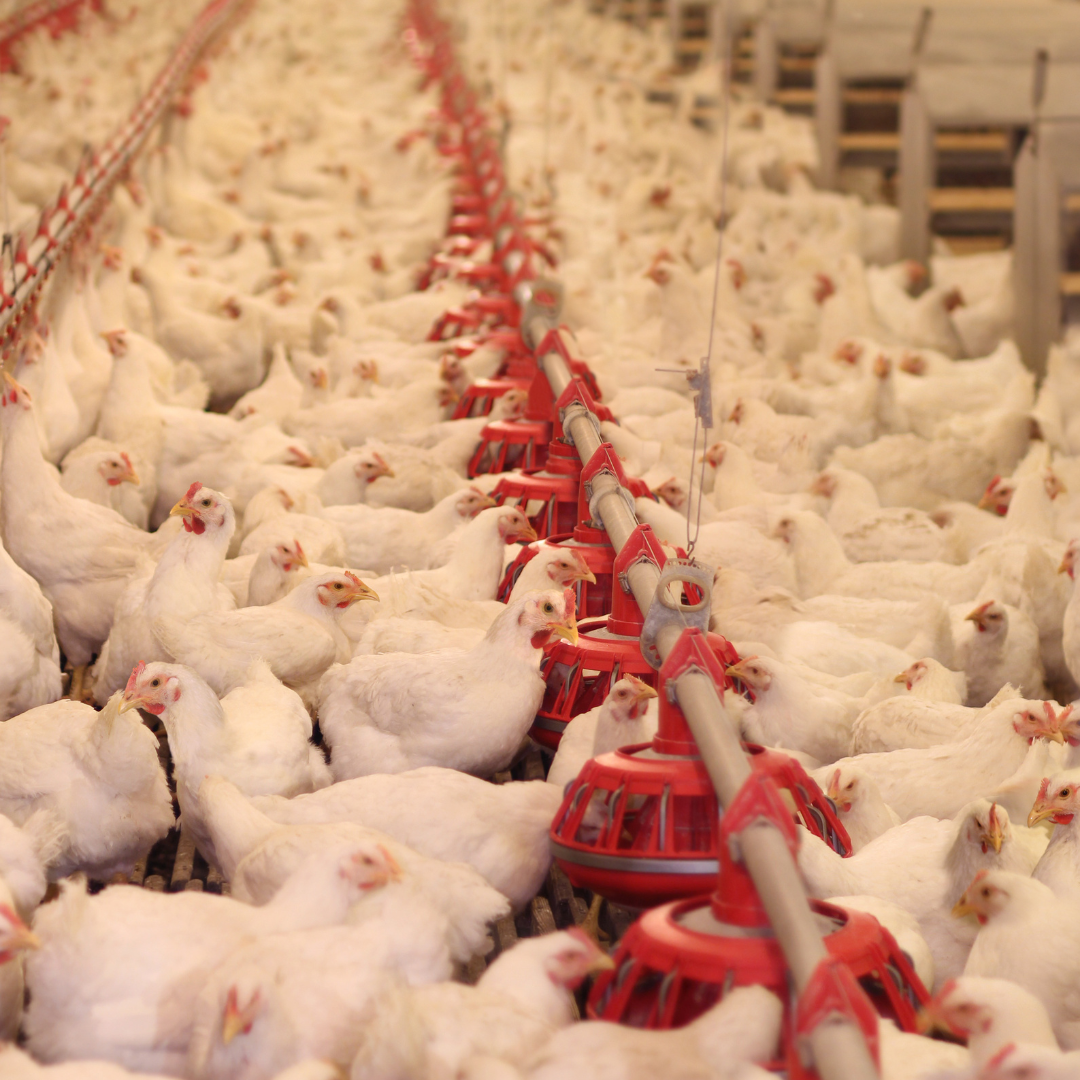
This position paper discusses the balance between nutrition and environmental sustainability in consuming animal-sourced foods (ASFs) in low- and m

This cross-sectional study evaluated the relationship between adherence to the EAT-Lancet diet and cardiometabolic health among 398 adults in north

This study, initiated by the WHO, synthesizes expert perspectives on defining sustainable, healthy diets and the policies required to implement the

This article critiques the European Union’s approach to consumer food information laws, arguing that simply providing information does not effectiv

This study compares the typical Australian diet with the Australian Dietary Guidelines and the EAT-Lancet Planetary Health Diet to evaluate health
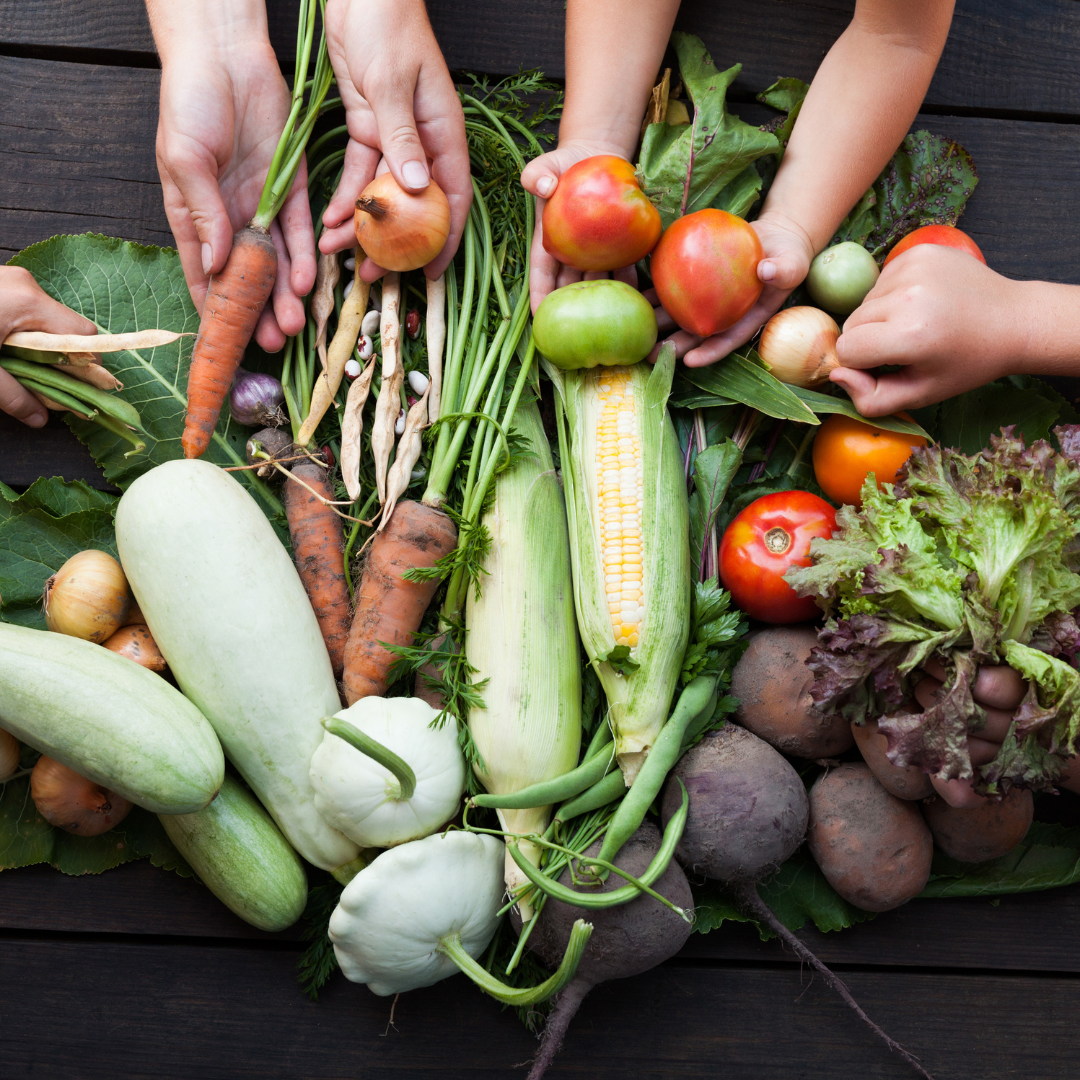
This scoping review evaluates sustainable food production and consumption across Nordic countries, aligned with the Nordic Nutrition Recommendation

This study examines the environmental impact of dairy consumption in Denmark, balancing greenhouse gas emissions with nutritional contributions.

This scoping review presents various methods for assessing the environmental sustainability of diets, emphasizing the complexity of such assessment

This study, authored by Thaís Cristina Marquezine Caldeira and colleagues, examines the cost and environmental impact of the current Brazilian diet

This study by Rosa Sá de Oliveira Neta and colleagues evaluates the relationship between adherence to the EAT-Lancet diet, which promotes sustainab

The paper "Tracking progress toward a climate-friendly public food service strategy: assessing nutritional quality and carbon footprint changes in

This scoping review examines measures used to assess consumer nutrition environments, focusing on nutrient-dense food access and sustainability.

Blue foods play a central role in food and

The global ambitions to end hunger, achieve food security and improved nutrition, and promote sustainable agriculture demand a complex transition o
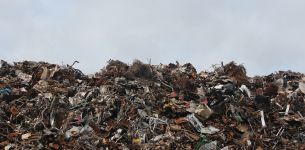
Reducing food waste can contribute positively towards multiple sustainable development goals (SDGs) but the differences in the food waste across co

Potential external cost savings associated with the reduction of animal-sourced foods remain poorly understood.

Chinese diets have undergone a remarkable transformation over the past four decades.

Scientific and political discussions around the role of animal-source foods (ASFs) in healthy and environmentally sustainable diets are often polar

High-performing food systems provide healthy and nutritious diets. They create dignified livelihoods for producers and benefit the economy.

Of the total food produced for human consumption, an estimated 14 per cent is lost, and an estimated 17 per cent is wasted, costing the global eco

Over the past few decades, the avoidance or reduction of meat in diets has typically been presented as something of an extremist choice.

The agrifood processing sector is increasingly essential to connect food system actors and transform the crops produced by farmers into the foods d

Agroecology has gained substantial relevance in political, agricultural and scientific discourse of sustainable food systems.

Fish is expected to contribute to healthy diets where it is affordable and accessible but the cost and availability of nutrient-rich foods, includi
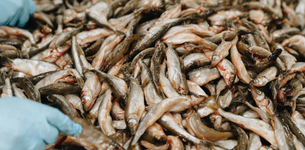
Diverse aquatic foods – including animals, plants and microorganisms farmed in and harvested from water, as well as cell- and plant-based foods eme

UNICEF recognizes the importance of engaging business to achieve nutrition results for children.

Please read here the Key messages and the recommendations that emerged for the Dialogue #3 -- Impacts of the Russia-Ukraine War on Nutrition, Food
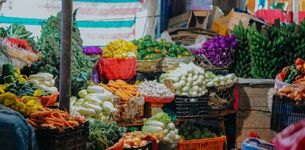
Food affordability is an important determinant of food choice and access, driving dietary patterns, nutrition status and overall health and environ
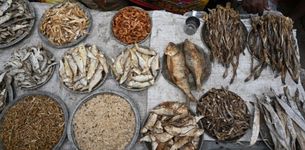
Aquatic food has a vital role to play in creating a global food system that supports a healthy human population on a healthy planet, yet it has bee
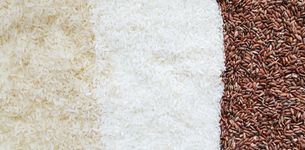
For the second year, EAT and

Chapter 6 in the latest UNEP Emissions Gap Report highlights the key issues

Plant-based alternatives to meat and dairy products are increasing in popularity and have been identified as having an important role in the much-n

In recent years, the role of seafood or the ‘blue food’ as alternative animal protein has also been investigated, amid concerns over the impacts of


